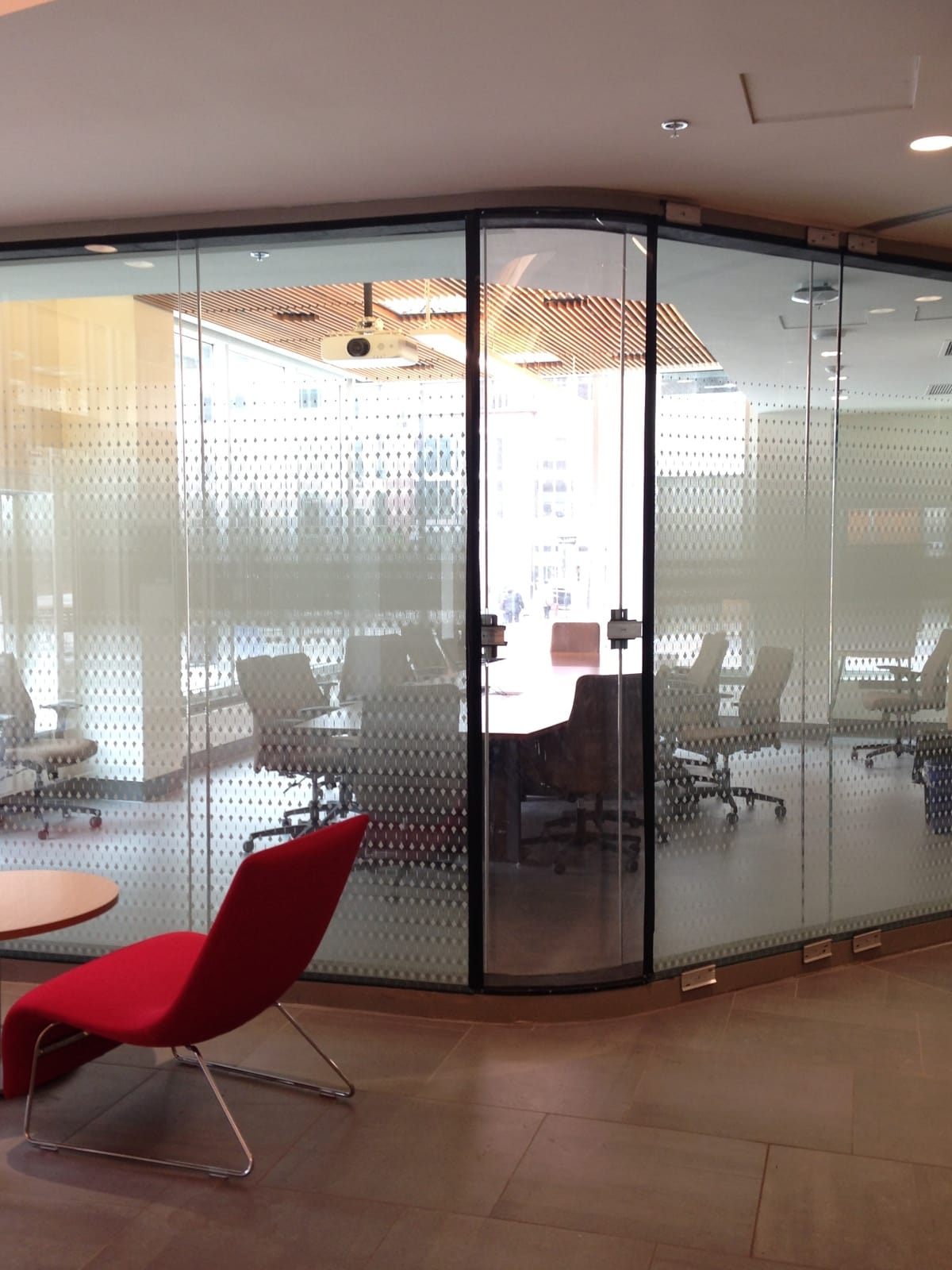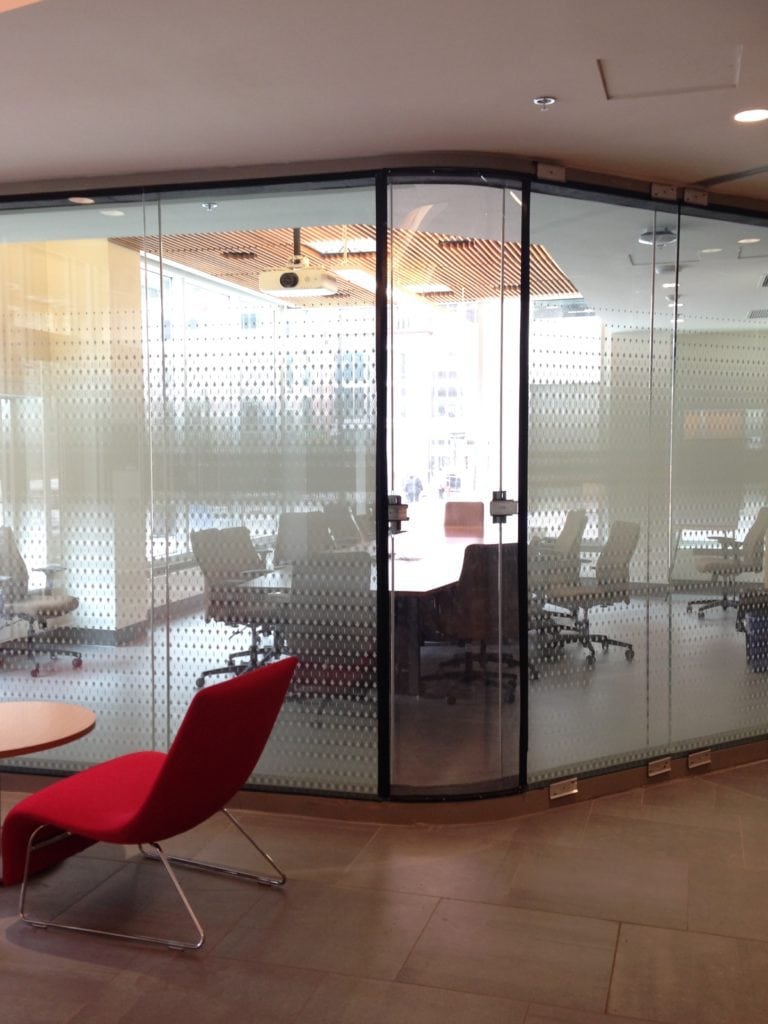

On April 27 and 28, the Fashion Retailing Conference was held at McGill University’s Desautels Faculty of Management, an event timed to coincide with the opening of the Bensadoun School of Retail Management.
Index maintains a very good relationship with McGill University and is always on the lookout for opportunities to enrich our insights into the retail industry as well as to learn something new. This conference, then, was the perfect occasion for us to discover the latest research, industry practices, and approaches, as well as current trends and challenges facing the retail industry.
During the two-day conference, there were many key speakers from the industry and professors from major universities, who presented academic approaches to retailing. The opening of the conference, which Index decided to take part in, was organized around six key topics, and succeeded speeches by the Dean of the Desautels Faculty of Management and the Director of the Bensadoun School.
Here is a summary of the first 6 talks and the insights that we drew from them.
Yajin Wang, the professor at the University of Maryland, presented the results of her study on luxury brands, ostentatious consumption, and social influence on consumer behavior. The conclusion from a study of dating apps: when no criteria are previously defined, 60% of women indicate their interest in luxury brands during the first date, but only 20% do so when they already know that the men they’re meeting have high standards. Are luxury brands, therefore, an essential element in relationships?
Next up, Professor Ranjitha Kumar from the University of Illinois outlined her research on the impact of artificial intelligence on customized fashion and the potential for varying degrees of personalization. According to her, the 3 challenges that researchers and technology developers in this industry must aim to address are:
The highlight of the day was the presence of Aldo Group COO Matthew Marchand. After a quick synopsis of the group and its evolution, Matthew discussed artificial intelligence from an operational, rather than technical, perspective. The main point highlighted in the last 15 minutes of the talk was this: If a computer can perform a task faster and more accurately than a decision maker, then artificial intelligence is a definite strength for a company that knows how to use it. The Aldo Group has adopted AI in its operations across its 4 brands, which has directly led to increased revenues, decreased cancellations and returns, fewer stock shortages, and lower delivery costs. In short, it’s been a resounding success!
Next to be introduced was Kris Ferreira, a professor at Harvard Business School. What a privilege! With his focus on analytics and data, you could see half the audience struggle to keep up with the level of discussion. The presentation outlined his study on the importance, for retailers, of rotating product lines and on the key factors for classifying products on websites.
Donald Ngwe, Kris’ colleague at Harvard Business, took over with a presentation focused on the impact of delivery costs and product lines on online sales. The study shows that shipping fees are the biggest reason why customers abandon their shopping carts online. Amazon lost $7.2 billion in 2016 for this very reason. The case used to illustrate the study was a typical one in which free shipping is available only after the consumer’s order attains a set amount. In this case, these 3 scenarios are the most common:
What better way to close the conference’s first morning, and our participation in it, than with a talk by Commerce.AI CEO Andy Pandharikar and his more pragmatic approach? In contrast to the more academic presentations, this talk focused on demystifying artificial intelligence, citing that “we may not be able to define AI, but we know it when we see it.” His talk explored the concepts of machine learning and deep learning and examined their real-world retailing applications, including chatbots, visual search, assistant stylists, self-service checkouts, and more. To illustrate artificial intelligence applications in the fashion industry, Andy used the example of Myntra, an e-commerce clothing and footwear entity in India that was recently acquired by WalMart. The goal of this strategy, for him, is for artificial intelligence to be able to read, see, hear, and understand consumer opinion on a large scale in order to make a real difference in this industry.
In conclusion, our morning’s participation was an excellent opportunity for us to analyze retail trends and to learn about the vision that both academics and professionals have for the future of fashion retailing. As a company working on the development of an artificial intelligence solution, this conference was also an extraordinary opportunity to analyze the needs of large companies and to see how other companies approach this promising field, which is still mystifying to so many.